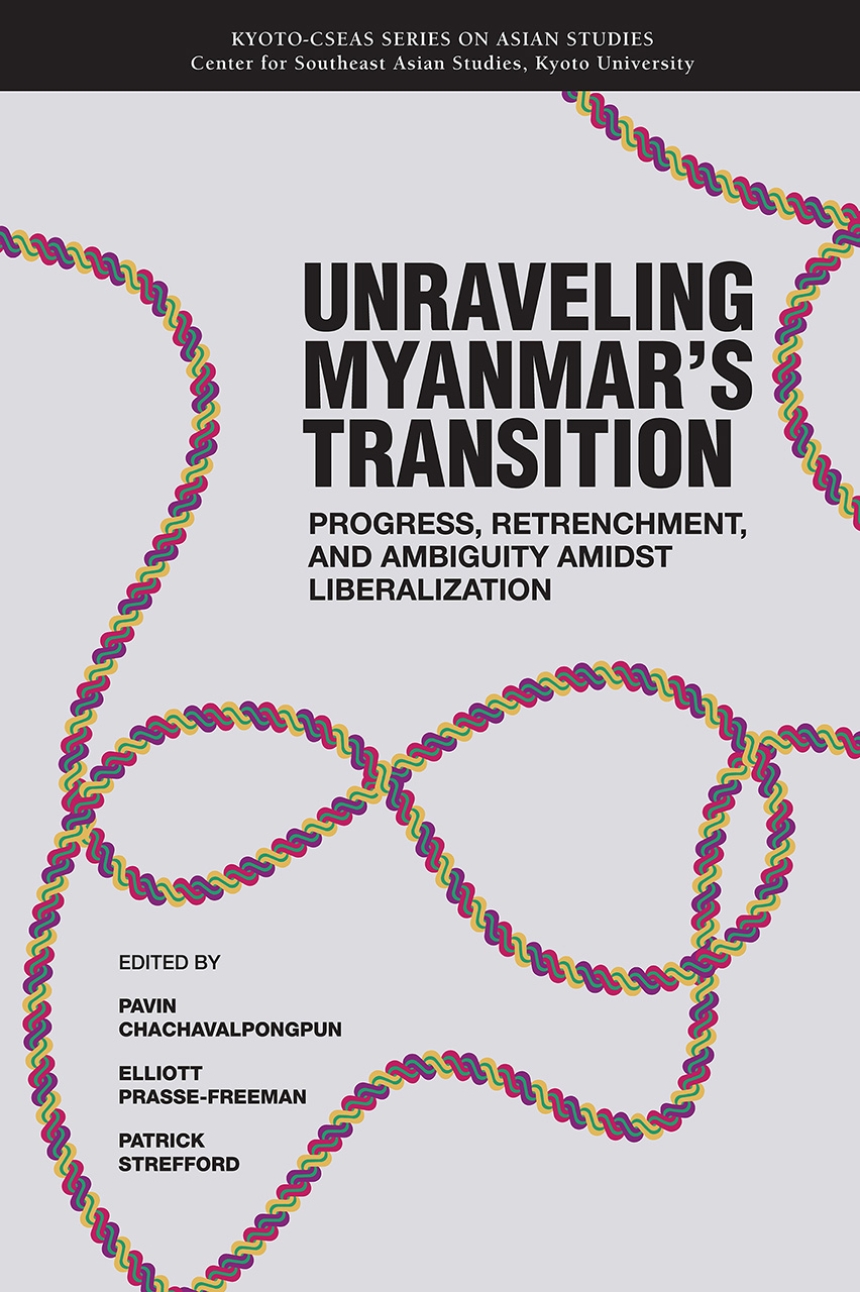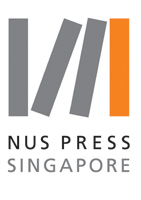National University of Singapore Press
Unraveling Myanmar’s Transition
Progress, Retrenchment and Ambiguity Amidst Liberalization
9789813251076
Distributed for National University of Singapore Press
Unraveling Myanmar’s Transition
Progress, Retrenchment and Ambiguity Amidst Liberalization
The optimism provoked by Myanmar’s political reforms in 2011 and 2012 has now given way to a sense that the uneven nature of change in this nation of 54 million has led to instability and uncertainty. The liberalization of critical sectors and expansion of certain freedoms, such as political and legal opportunities for expression and mobilization, contrasts with the entrenchment of structural problems. It has become difficult to tackle ethnic marginalization and conflict, over-dependence on natural resource extraction, inadequate public services, and problems of under-capacity in the civilian bureaucracy. The result is the build-up of a toxic environment in which classism, racism, and bigotry threaten to rend Myanmar’s already delicate social fabric.
The contributors to this volume bring unique perspectives and methodologies to bear to unravel Myanmar’s tangled challenges. Whether it is through studying corruption by analyzing the country’s real-estate bubble, assessing civil society advocacy capacity against extractive industries, or gauging the strength—and surprising weakness—of Myanmar’s military, the volume employs unconventional approaches and analytical rigor to address a fundamental question: is Myanmar itself unraveling?
The contributors to this volume bring unique perspectives and methodologies to bear to unravel Myanmar’s tangled challenges. Whether it is through studying corruption by analyzing the country’s real-estate bubble, assessing civil society advocacy capacity against extractive industries, or gauging the strength—and surprising weakness—of Myanmar’s military, the volume employs unconventional approaches and analytical rigor to address a fundamental question: is Myanmar itself unraveling?
328 pages | 6 x 9 | © 2020
Kyoto CSEAS Series on Asian Studies
Asian Studies: Southeast Asia and Australia
History: Asian History
Sociology: Individual, State and Society

